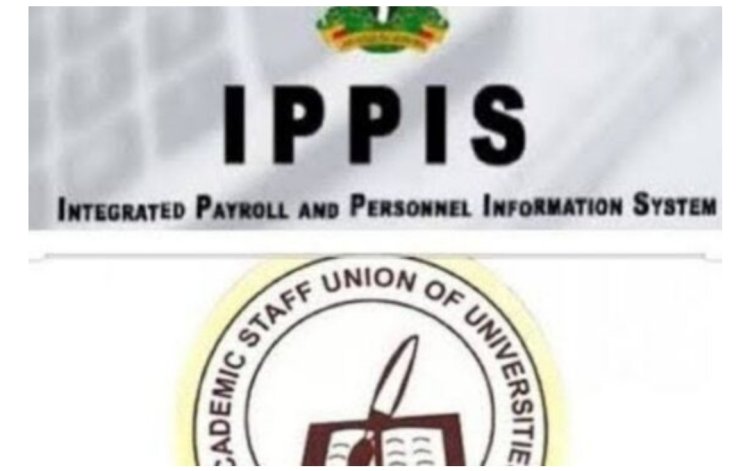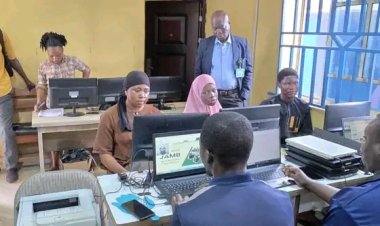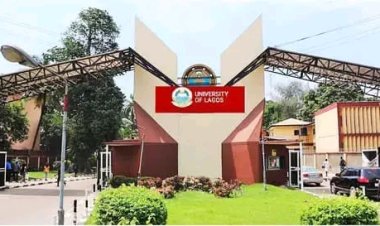ASUU: Nigerian Varsities Exempted from IPPIS - What You Need to Know
IPPIS was introduced to enhance transparency, expedite salary processing, and facilitate the effective administration of public sector personnel. Its centralization of payroll-related data helps ensure accurate and timely payment of salaries and benefits to government employees.

In a recent development, the Federal government has opted to exclude tertiary institutions, including universities, from the Integrated Payroll and Personnel Information System (IPPIS). This decision has sparked considerable attention, prompting a closer look at the implications and the Academic Staff Union of Universities (ASUU)'s arguments for the exemption.

Understanding IPPIS
The Integrated Payroll and Personnel Information System (IPPIS) is a comprehensive system introduced by the Nigerian government to automate payroll and personnel management. Initially implemented in October 2006, IPPIS aims to centralize and streamline employee data for efficient payroll processing, reducing financial discrepancies, and eliminating fraudulent practices, including the presence of "ghost workers."
READ ALSO: Okada Rider Defies Odds: Graduates with First Class from FUNAAB
Why IPPIS was Introduced:
IPPIS was introduced to enhance transparency, expedite salary processing, and facilitate the effective administration of public sector personnel. Its centralization of payroll-related data helps ensure accurate and timely payment of salaries and benefits to government employees.
ASUU's Arguments for IPPIS Exemption:
University-Specific Needs: ASUU argues that IPPIS lacks flexibility to accommodate the unique needs of universities, including allowances and academic structure peculiarities.
Autonomy Concerns:The union contends that IPPIS implementation interferes with university autonomy, emphasizing that universities should manage their payroll systems independently.
Inadequate Consultation: ASUU claims there was insufficient consultation with stakeholders, including the union, before deciding to implement IPPIS.
Alternative Proposals: ASUU proposed the University Transparency and Accountability Solution (UTAS) as an alternative, emphasizing tailoring solutions to universities' specific requirements.
INCASE YOU MISSED: 42 Adekunle Ajasin University Students Achieve First Class Honors in 12th Convocation
Data Privacy and Security: ASUU raised concerns about the security and privacy of personal data within IPPIS, highlighting potential threats from centralizing sensitive information.
Retirement Age: ASUU expressed concerns about IPPIS influencing retirement policies, particularly for professors who, under IPPIS, could face phased retirement from age 60, contrary to the university's provision allowing them to retire at 70.
RECOMMENDED FOR YOU: Determined 23-Year-Old Mother Graduates from UK University While Nurturing Newborn Twins
Potential Impact on ASUU Strikes
The exclusion of universities from IPPIS addresses a significant grievance, potentially reducing ASUU strikes. However, broader issues such as university funding, infrastructure, and academic autonomy contribute to strikes, and resolving IPPIS concerns may not eliminate all causes of industrial actions.
The recent development marks a significant shift and raises expectations for improved industrial relations in the education sector. The government's commitment to addressing ASUU's concerns will be crucial in achieving sustained stability.





